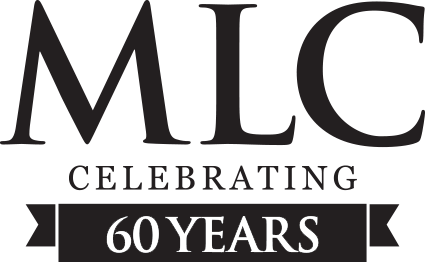Legislation aimed at ensuring all residents can afford drinking water was introduced this week in both chambers. The proposed reforms come from the work undertaken by a workgroup convened by Senator Stephanie Chang (D-Detroit), which was comprised of water providers, local government officials, clean water advocates, environmental groups, community action agencies, and staff from the Department of Health and Human Services.
Key Points:
-
- The legislation creates a low-income water residential affordability program, which would ensure water bills for low-income households don’t exceed 3% of that household’s income. It includes tiers developed for lower thresholds based on a percentage of the federal poverty limit.
- The proposal includes forgiveness for past-due arrearages up to $1,500 in the first year, an additional $1,500 in the second year, and more if there is a demonstrated extreme need.
- A Low-Income Water Affordability Fund would be created, funded through a $2 per meter monthly funding factor on water bills.
- The legislation makes changes to water shutoffs, requiring a provider to notify a customer who is facing a shutoff at least four times. It also protects residents from a shutoff if they have a health condition requiring access to water.
Next Steps:
-
- The Senate bills were referred to the Senate Housing and Human Services Committee.
- The House bills were referred to the House Natural Resources, Environment, Tourism, and Outdoor Recreation Committee.








